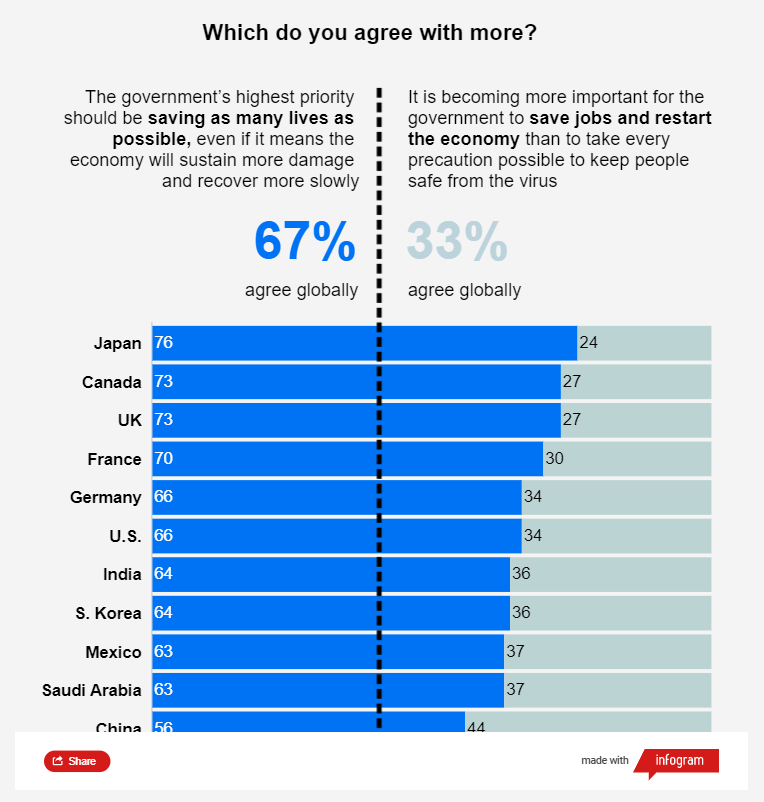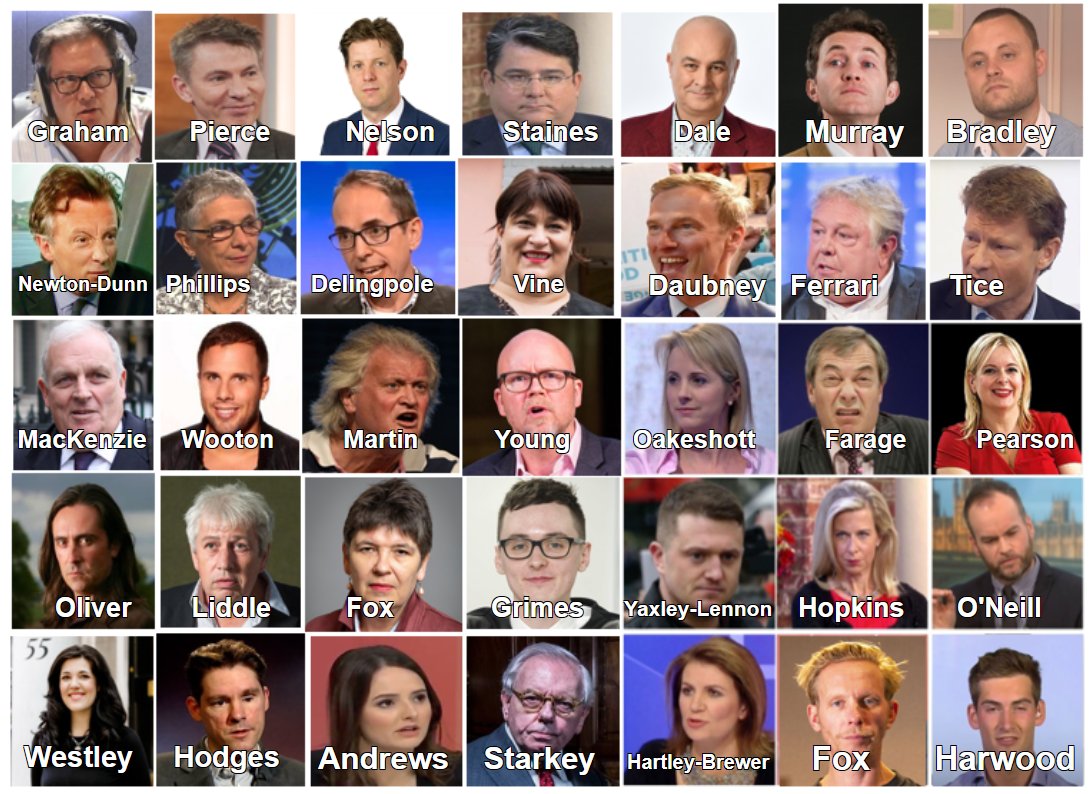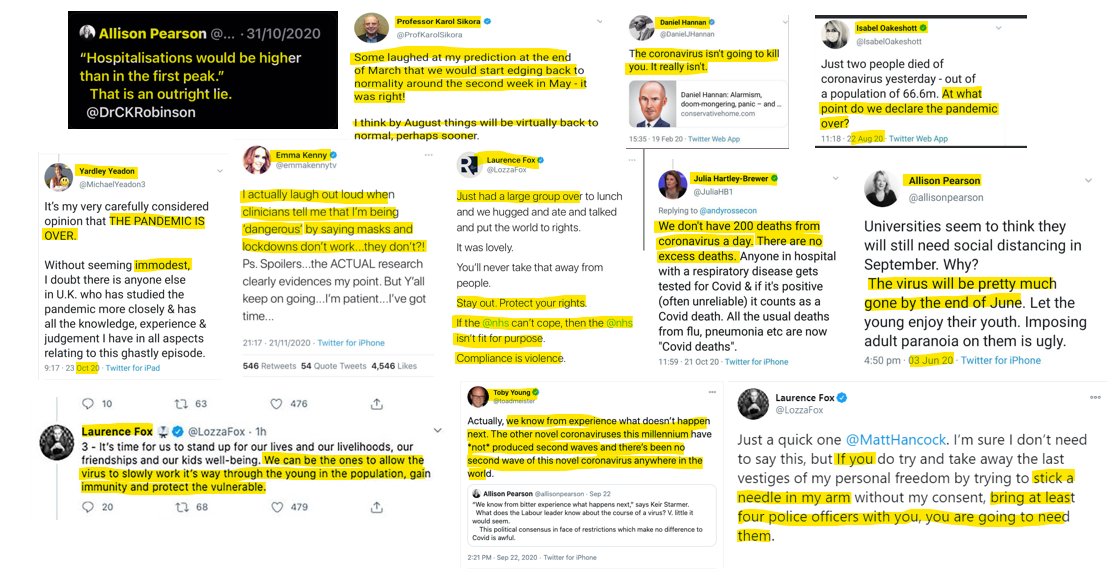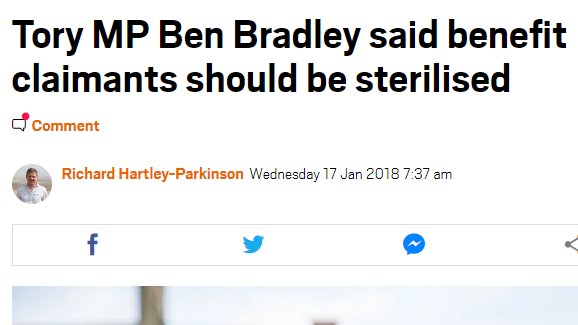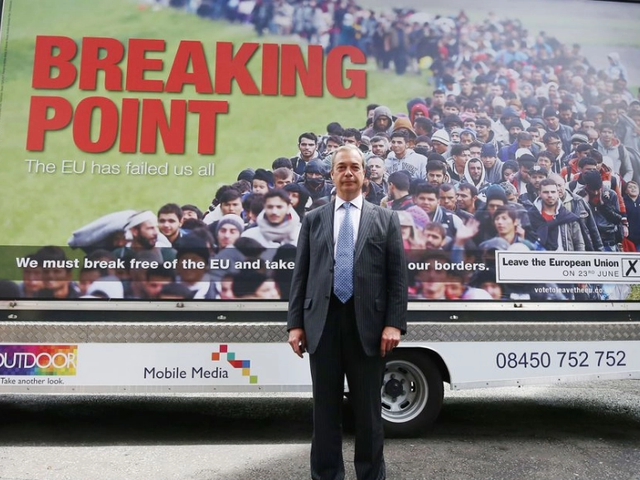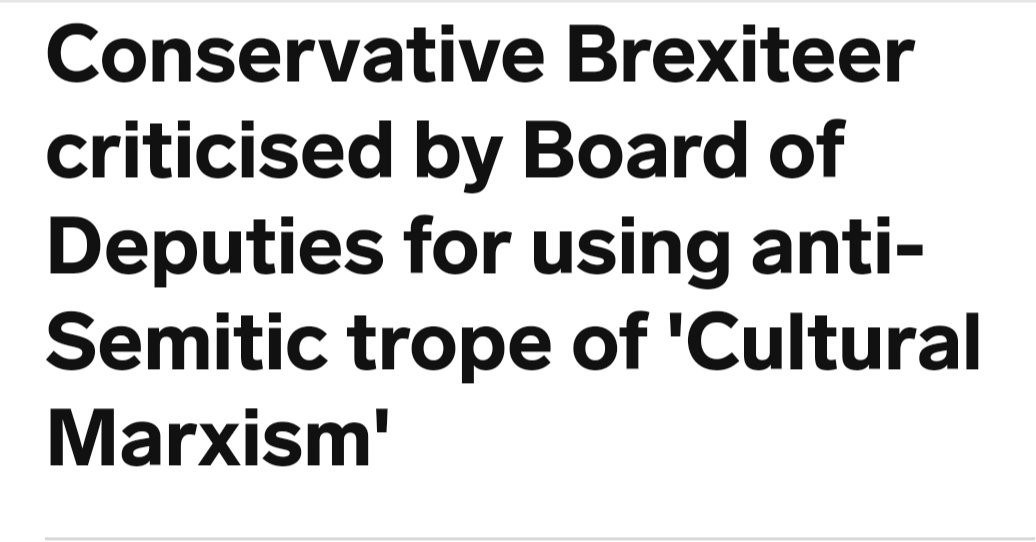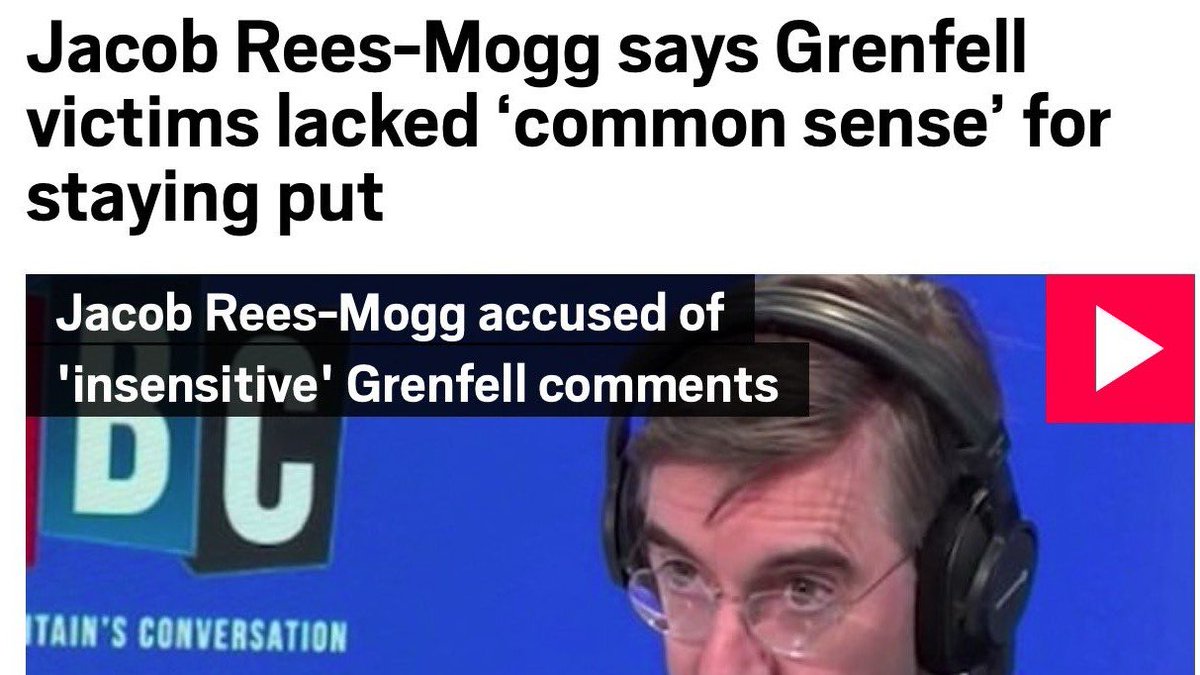
A clear, concise & well-written & article by sociologist Arianna Piacentini, on the rise of (populist) nationalism & right-wing populism across Europe - a trend which, given Europe's history over the last century, should concern us all.
I'll summarise:
beta.eurac.edu/en/blogs/eurek…
I'll summarise:
beta.eurac.edu/en/blogs/eurek…
Arianna starts by saying #populism has become ‘the concept that defines our age’, & the electoral surges of right-wing populist parties have been branded a ‘populist zeitgeist’.
Yet populism is - as I've said elsewhere - a slippery concept, featuring both the right & the left.
Yet populism is - as I've said elsewhere - a slippery concept, featuring both the right & the left.
On the Right, we have parties such as the Hungarian Fidesz, the French National Front or the Italian Northern League. On the Left, Syriza in Greece & Podemos in Spain - as well as seemingly 'non-ideological' anti-establishment actors such as the 5 Stars Movement in Italy.
#Populism is based on the idea of a fundamental opposition between the ‘the pure people’ & the ‘corrupt elite’ &, populists argue, politics should be an expression of the people’s volonté générale, or, as we've been relentlessly subjected to in the UK - 'the will of the people!"
There is a general perception that #democracy seems to be slowly eroding, prompting scholars to talk of a 'crisis' or 'backslide' in democracy: we see illiberalism & ethnonationalism, nationalist & right-wing populism, are increasingly dominating Western European politics.
Orban first described a ‘zero tolerance’ policy in matters of immigration as ‘defending Europe from the Muslim invasion’.
Right-wing populists such as the Dutch Party for Freedom, AfD in Germany & Golden Dawn in Greece, also embrace this perspective.
We hear it in the UK too.
Right-wing populists such as the Dutch Party for Freedom, AfD in Germany & Golden Dawn in Greece, also embrace this perspective.
We hear it in the UK too.
They reject both migrants (as outsiders) & the EU (as the cause - liberal multiculturalism). The in-group (the people) must be defended against both enemies from beyond (migrants, immigrants, ethnic minorities) & enemies from above (EU, UN, IMF, ‘global elites’, foreign powers).
It's no coincidence that he electoral surge of these populist nationalist parties coincided with economic (2008 financial crash) & social (migrant crisis) shocks - manifested in a generalized popular disappointment regarding both domestic & international political elites.
Historically, populist parties & leaders have always emerged as a consequence of ‘general social crises’ – think back to the 1930s - sometimes due to fractures in the power block, at other times due to the system’s inability to absorb its contradictions or transform itself.
The current Europe-wide ‘populist zeitgeist’ is no exception: the economic recession which hit Europe in 2008, & the refugee crisis which has emerged most clearly since 2015, are both determining factors in the rise of right-wing populism & nationalism, at home & across Europe.
The response to these socio-economic shocks was to turn inwards, socially & economically, manifested in the policies of ‘closing the borders’ or erecting walls. Brexit increased Euroscepticism, economic protectionism, social conservativism, & increased ‘tolerance of intolerance’.
‘The terrorism factor’ - heightened by terrorist attacks across Europe - was also used by right-wing parties as a political weapon to stress the boundary line between ‘us & them’, in turn legitimating & justifying the need for stricter policies in matter of national security .
Especially in Central & Eastern Europe, #democracy is threatened by increasingly authoritarian & illiberal tendencies – once thought to have vanished in Europe - which *could* foreshadow wider contagion across Western Europe & elsewhere.
A political class, which - while accepting & respecting the rules of the democratic game, even adopting democratic reforms - at the same time, relies on ethnic politics, clientelism & patronage, as well as nationalist rhetoric to gain consensus & electoral support (Priti Patel).
The rise of right-wing populism & the development of un-democratic & illiberal tendencies has undoubtedly been strengthened by the 2008 economic crisis – which worsened the area’s economic conditions, & sharpened pre-existing social & wealth inequalities.
These economic & social shocks also deepened disappointments & frustrations with the EU & generated both anti-elite & anti-establishment sentiment - on both Left & Right - but at home & across Europe, it is the Right who appear to have capitalised on these sentiments.
The macro-crises impacting European states & their democracies have created an environment permeated by insecurity & anxiety, sometimes worsening already precarious domestic situations.
Such an environment provides the most fertile ground for right-wing populist nationalism.
Such an environment provides the most fertile ground for right-wing populist nationalism.
Across Europe, there is a general trend towards the closure of boundaries, exclusivism, & xenophobia, yet, at the same time, democracy & its principles are being endorsed & supported. So rather than 'backsliding', Arianna asks if democracy is going through a redefinition process.
Illiberal & quasi-authoritarian measures - advocated by the right-wing populist nationalists across Europe & supported by an increasing number of voters - are increasingly being regarded as the ultimate realisation of 'the will of the people', & thus legitimate & democratic.
These political developments are framed - predominantly but not exclusively by the Right - as measures to protect & safeguard ‘the people’ from 'cultural contaminations' & insecurities. though thankfully (perhaps) #democracy per se remains uncontested – ‘the only game in town’.
However, democracy's mechanisms & institutions are increasingly used by the right-wing populist class – & seen by an increasing portion of the electorate – as tools of exclusion & in-group protection, rather than inclusion & cooperation.
Is this where Britain really wants to go?
Is this where Britain really wants to go?
This article was written before the pandemic.
The developments Arianna outlines, imho, now have an added urgency: there's no doubt that the economic shock following both Brexit & the pandemic will make 2008 feel relatively mild, so we need to start preparing for the fallout NOW.
The developments Arianna outlines, imho, now have an added urgency: there's no doubt that the economic shock following both Brexit & the pandemic will make 2008 feel relatively mild, so we need to start preparing for the fallout NOW.
This involves urgently considering & planning concrete alternatives to the direction of travel: who wants to live in a Britain characterised by intolerance, xenophobia, & Islamophobia?
My guess & hope is that the democratic majority don't: let's reclaim 'The Will of the People!'
My guess & hope is that the democratic majority don't: let's reclaim 'The Will of the People!'

• • •
Missing some Tweet in this thread? You can try to
force a refresh



